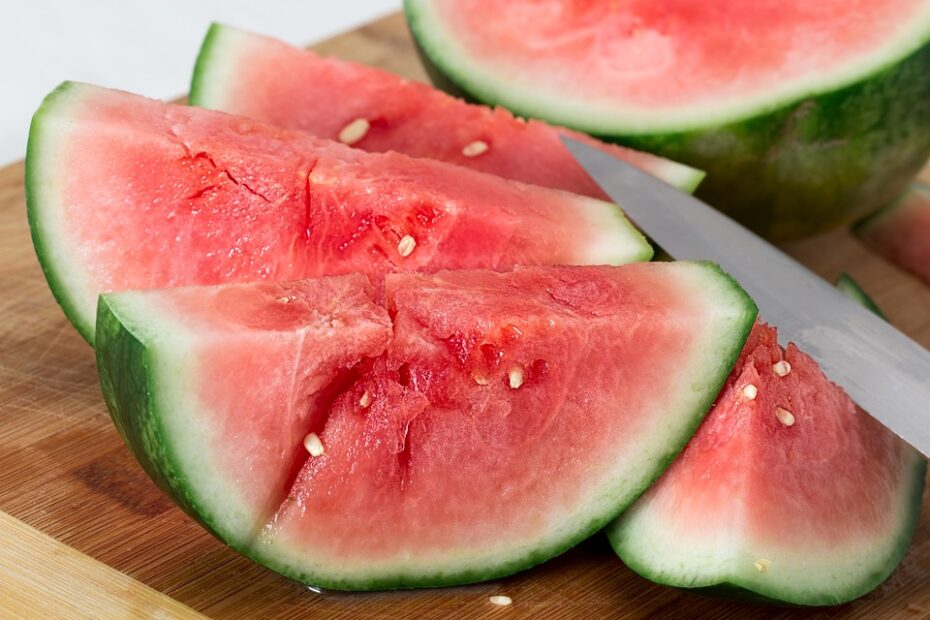Introduction
gastric bypass surgery is a life-changing procedure that helps individuals struggling with obesity achieve significant weight loss and improve their overall health. However, one of the challenges that patients face after undergoing gastric bypass surgery is ensuring they are getting the necessary vitamins and minerals to support their health and well-being. In this article, we will explore the importance of post-gastric bypass vitamins, the potential risks of nutrient deficiencies, and the best ways to ensure you are meeting your nutritional needs after surgery.
Why are Post-Gastric Bypass Vitamins Important?
After gastric bypass surgery, the size of the stomach is reduced, which can limit the amount of food that can be eaten and digested. This can make it challenging for individuals to get all of the essential nutrients they need through diet alone. Additionally, the surgery alters the way the body absorbs nutrients, making it more difficult for the body to absorb certain vitamins and minerals.
Taking post-gastric bypass vitamins is essential to prevent nutrient deficiencies and support overall health. Vitamins and minerals play a crucial role in many bodily functions, including metabolism, energy production, and immune function. Without adequate levels of these nutrients, individuals may experience a range of health issues, including fatigue, weakness, and an increased risk of developing chronic diseases.
Common Nutrient Deficiencies After Gastric Bypass Surgery
There are several vitamins and minerals that are commonly deficient in individuals who have undergone gastric bypass surgery. These include:
1. vitamin B12: Vitamin B12 is essential for nerve function, red blood cell production, and DNA synthesis. After gastric bypass surgery, the body may have difficulty absorbing B12 from food, leading to a deficiency. Symptoms of vitamin B12 deficiency can include fatigue, weakness, and neurological problems.
2. Iron: Iron is necessary for the production of hemoglobin, which carries oxygen to the body’s cells. Iron deficiency is common after gastric bypass surgery due to changes in the digestive system that can impair iron absorption. Symptoms of iron deficiency can include fatigue, weakness, and pale skin.
3. Calcium: Calcium is important for bone health, muscle function, and nerve transmission. After gastric bypass surgery, the body may have difficulty absorbing calcium from food, which can increase the risk of osteoporosis and bone fractures. Symptoms of calcium deficiency can include muscle cramps, numbness, and tingling in the hands and feet.
4. Vitamin D: Vitamin D is essential for calcium absorption and bone health. After gastric bypass surgery, the body may have difficulty absorbing vitamin D from food and sunlight, leading to a deficiency. Symptoms of vitamin D deficiency can include bone pain, muscle weakness, and an increased risk of fractures.
Best Practices for Post-Gastric Bypass Vitamin Supplementation
To prevent nutrient deficiencies and support overall health after gastric bypass surgery, it is important to follow a comprehensive vitamin and mineral supplementation regimen. Here are some best practices for post-gastric bypass vitamin supplementation:
1. Work with a healthcare provider: It is essential to work with a healthcare provider, such as a Bariatric surgeon or registered dietitian, to develop a personalized supplementation plan based on your individual needs and health status.
2. Take a multivitamin: A high-quality multivitamin containing a range of essential vitamins and minerals can help fill in the gaps in your diet and support overall health after gastric bypass surgery.
3. Consider additional supplements: Depending on your individual needs, you may need to take additional supplements, such as vitamin B12 injections, iron supplements, calcium, and vitamin D.
4. Monitor your nutrient levels: Regular blood tests can help monitor your nutrient levels and identify any deficiencies that need to be addressed through supplementation or dietary changes.
5. Follow a balanced diet: While supplementation is important, it is also essential to follow a balanced diet that includes a variety of nutrient-dense foods to support your overall health and well-being.
conclusion
Post-gastric bypass vitamins play a critical role in supporting overall health and preventing nutrient deficiencies after surgery. By following a comprehensive supplementation plan, working with a healthcare provider, and maintaining a balanced diet, individuals can ensure they are getting the essential vitamins and minerals they need to thrive after gastric bypass surgery. Prioritizing post-gastric bypass vitamins is key to achieving long-term success and maintaining optimal health following this life-changing procedure.
Top Inquiries Concerning Post Gastric Bypass Vitamins
Why do I need to take vitamins after gastric bypass surgery?
After gastric bypass surgery, your body may have a decreased ability to absorb essential vitamins and minerals from food. This can lead to nutrient deficiencies which can have serious health consequences. Taking vitamins after surgery helps to ensure that your body receives the necessary nutrients for optimal health and functioning.
– Nutrient absorption may be compromised after surgery
– Vitamin deficiencies can lead to health problems
– Taking vitamins helps prevent nutrient deficiencies
Which vitamins are most important to take after gastric bypass surgery?
After gastric bypass surgery, it is important to take a variety of vitamins to prevent deficiencies. Some of the most important vitamins to take include vitamin B12, iron, calcium, vitamin D, and folate. These vitamins play a crucial role in maintaining overall health and well-being after surgery.
– Vitamin B12
– Iron
– Calcium
How should I take my vitamins after gastric bypass surgery?
It is important to follow your healthcare provider’s recommendations for taking vitamins after gastric bypass surgery. Typically, vitamins should be taken in liquid or chewable form to ensure optimal absorption. It is also important to space out your vitamins throughout the day to maximize absorption and prevent interactions between vitamins and minerals.
– Follow healthcare provider’s recommendations
– Take vitamins in liquid or chewable form
– Space out vitamins throughout the day
What are the potential consequences of not taking vitamins after gastric bypass surgery?
Not taking vitamins after gastric bypass surgery can lead to nutrient deficiencies which can have serious health consequences. Some potential consequences of not taking vitamins after surgery include anemia, osteoporosis, neurological problems, and fatigue. It is important to prioritize vitamin supplementation to prevent these complications.
– Nutrient deficiencies
– Anemia
– Osteoporosis
Can I get all the vitamins I need from food after gastric bypass surgery?
While it is possible to get some vitamins from food after gastric bypass surgery, it may be difficult to meet all of your nutritional needs through diet alone. This is due to the decreased absorption of nutrients that can occur after surgery. Taking vitamins as recommended by your healthcare provider is crucial to ensure that your body receives all the necessary nutrients for optimal health and well-being.
– Difficult to meet all nutritional needs through diet alone
– Decreased absorption of nutrients after surgery
– Taking vitamins is crucial for optimal health
Common False Assumptions About Post Gastric Bypass Vitamins
1. All vitamins are the same
One common Misconception about post gastric bypass vitamins is that all vitamins are the same and can be used interchangeably. This is not true as different vitamins serve different purposes in the body and have varying levels of absorption. It is important to consult with a healthcare professional to determine which vitamins are necessary for your specific needs after gastric bypass surgery.
2. Vitamins are not necessary after gastric bypass surgery
Another misconception is that vitamins are not necessary after gastric bypass surgery. This is false as the surgery can impact the body’s ability to absorb essential nutrients, leading to deficiencies if vitamins are not supplemented. It is crucial to take vitamins as recommended by your healthcare provider to prevent any potential nutrient deficiencies.
3. Over-the-counter vitamins are sufficient
Some individuals believe that over-the-counter vitamins are sufficient for meeting their nutritional needs after gastric bypass surgery. However, this is not always the case as the body may have difficulty absorbing certain vitamins in their standard forms. It is important to use specialized post gastric bypass vitamins that are specifically formulated for optimal absorption and effectiveness.
4. Vitamins can be taken at any time of day
There is a misconception that vitamins can be taken at any time of day without any impact on their absorption or effectiveness. In reality, the timing of vitamin intake can play a significant role in how well they are absorbed by the body. It is recommended to follow specific guidelines provided by your healthcare provider on when to take your post gastric bypass vitamins for optimal results.
5. Vitamins can be stopped once deficiencies are corrected
Some individuals mistakenly believe that once nutrient deficiencies are corrected, they can stop taking vitamins altogether. However, this is not recommended as the body’s ability to absorb nutrients may continue to be compromised after gastric bypass surgery. It is essential to continue taking post gastric bypass vitamins as directed by your healthcare provider to maintain optimal health and prevent future deficiencies.
Post Gastric Bypass Vitamins
#undergoing #gastric #bypass #surgery #essential #vitamins #supplements #prevent #nutrient #deficiencies #support #health #commonly #recommended #postgastric #bypass #vitaminsbr

